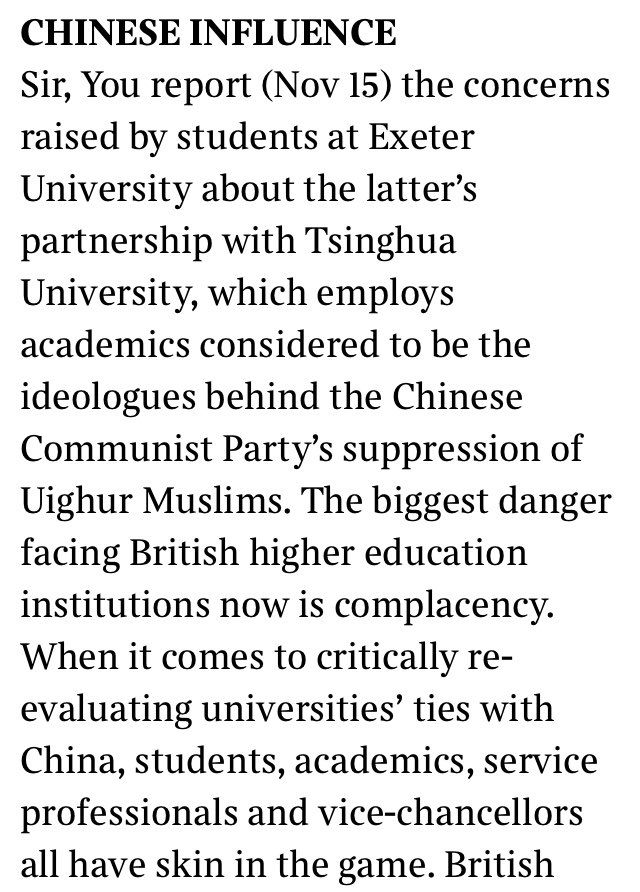
In light of the hard authoritarian turn under General Secretary Xi Jinping the terms #DemocraticDeterrence #DemocraticSecurity #DemocraticResilience need to enter the public lexicon. If you are interested in learning more I suggest the following key readings. A short thread 🧵/1 

In terms of #DemocraticDeterrence Mikael Wigell's @MWigell article "Democratic Deterrence: How to Dissuade Hybrid Interference" is essential reading. His distinction between traditional deterrence and democratic deterrence is particularly illuminating /2 tandfonline.com/doi/full/10.10…
When it comes to #DemocraticSecurity Didi Kirsten Tatlow @dktatlow has offered ten practical steps to protect European democracy and sovereignty from influence and interference by the Chinese Communist Party. This text should be widely read /3 dgap.org/en/research/pu…
In terms of #DemocraticResilience I recommend the article "How democracies prevail: democratic resilience as a two-stage process" by Vanessa A. Boese et al @BoeseVanessa. The authors offer excellent analysis & advise how liberal democracies can prevail /4 tandfonline.com/doi/full/10.10…
My recommendations offer a good starting point. I am sure there are many other great texts which deserve to be read by a much wider audience. Feel free to add further recommended readings in your replies. And to help with this knowledge exchange please retweet widely /End
• • •
Missing some Tweet in this thread? You can try to
force a refresh








